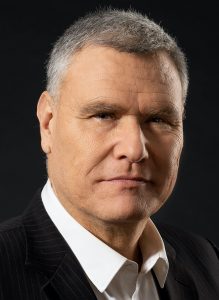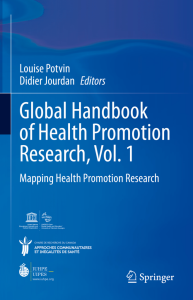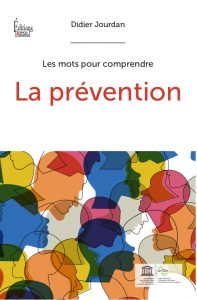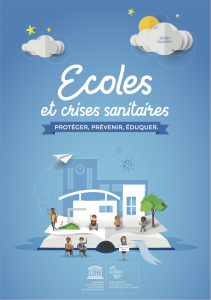Du 24 au 26 septembre a été organisée à Trondheim en Norvège la 10ème conférence européenne de l’UIPES : la promotion de la santé tout au long de la vie.
Cette conférence a été l’occasion d’approfondir le travail relatif au cadre épistémologique de la recherche en promotion de la santé initié par la chaire UNESCO “EducationS & Santé”, l’union internationale de promotion et d’éducation à la santé (UIPES), le forum international pour la recherche en promotion de la santé, l’EUPHA et Eurohealthnet.
Didier Jourdan a préparé et animé, avec Mark Dooris de l’université of Central Lancashire, le symposium relatif à l’approche milieu (école, prison, travail, clubs sportifs, hôpitaux…) en promotion de la santé.
Le descriptif en anglais du symposium :
In 1986, the Ottawa Charter contended that: “Health is created and lived by people within the settings of their everyday life; where they learn, work, play and love.” It is this assertion that launched the Healthy Settings movement, which has spawned multiple initiatives and networks across the globe.
Informed by an ecological model of health promotion and reflecting a whole system perspective the approach is widely understood to involve:
– a focus on place, people and increasingly planet – and the inter-relationships among them
– an understanding of settings not only as convenient places to target health messages and discrete interventions, but also as contexts that directly and indirectly impact wellbeing
– a commitment to integrating health within the culture, ethos, structures, processes and routine life of the organizational and place-based settings.
A diversity of research, policy and practice is based on these three pillars, even while the Healthy Settings approach is constantly evolving and being renewed.
This interactive symposium will outline key characteristics of the Healthy Settings approach; take a stock of the innovative initiatives; discuss its role in addressing 21st century problems linked to the rising prevalence of non-communicable diseases; consider its relationship to salutogenesis and health literacy; and explore challenges and future opportunities





